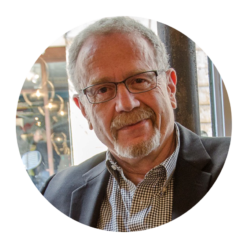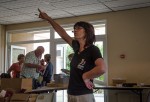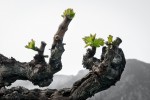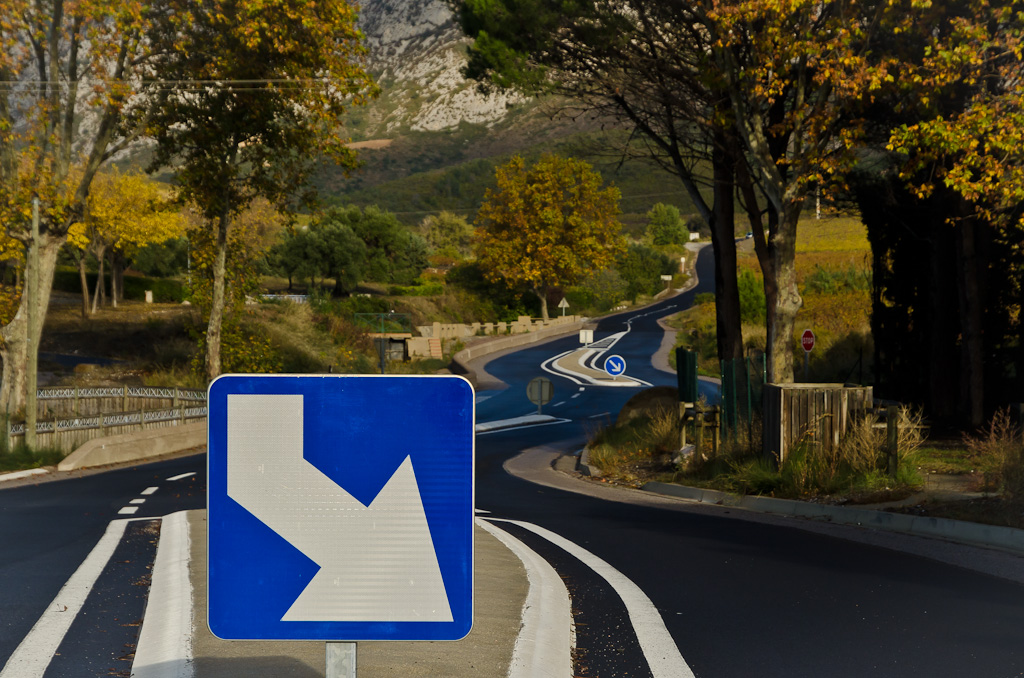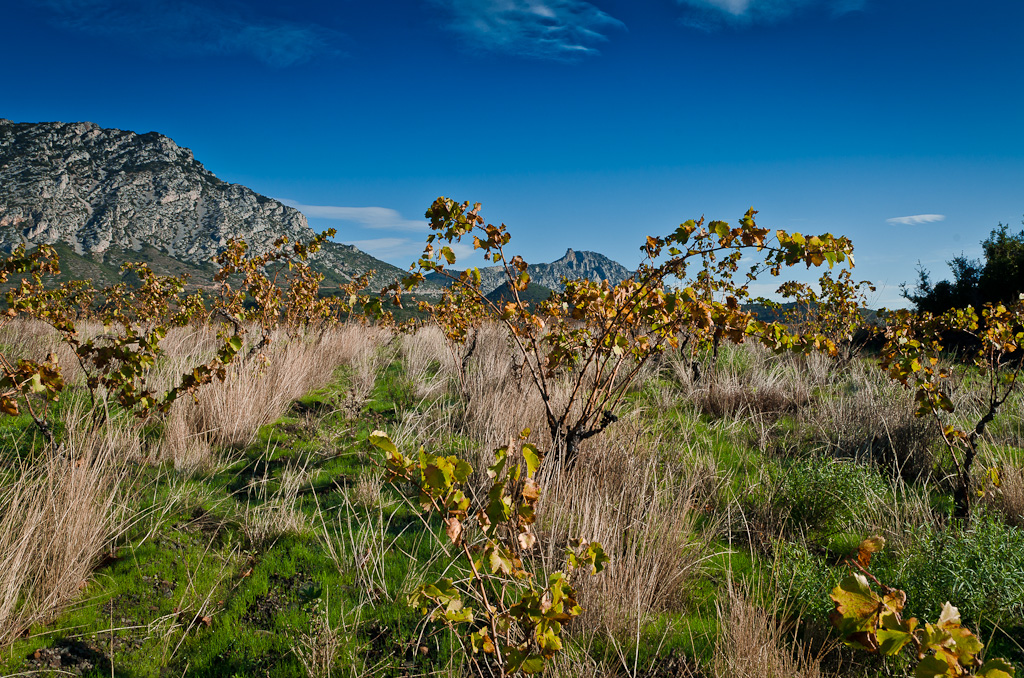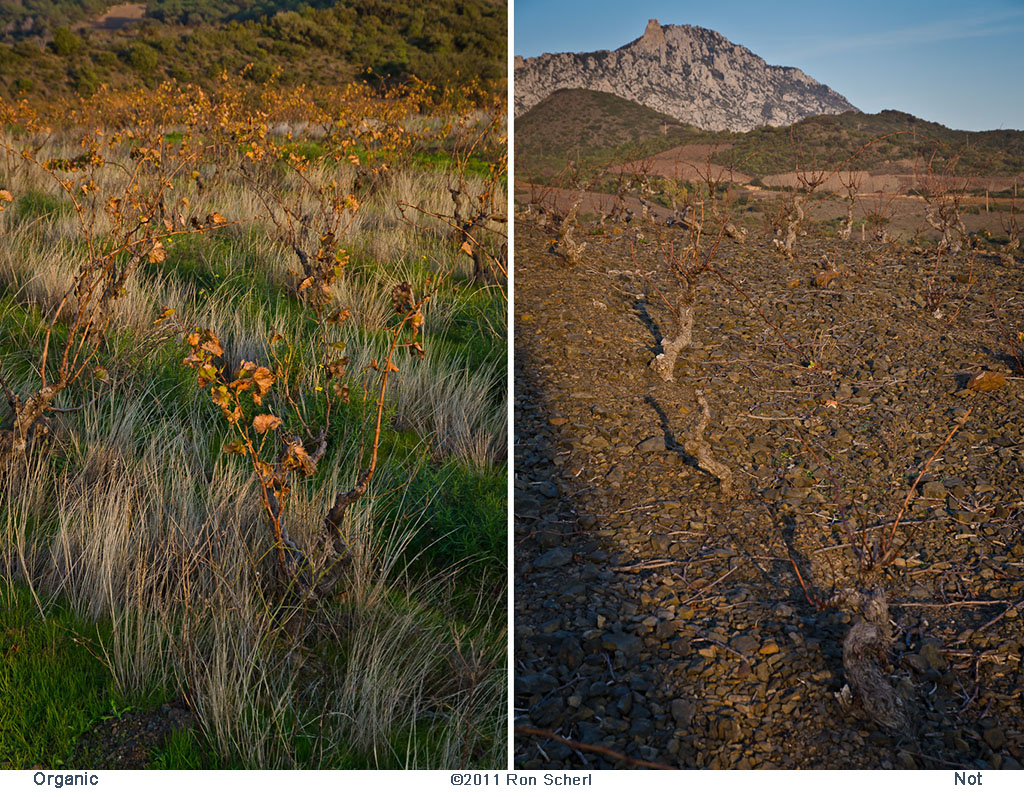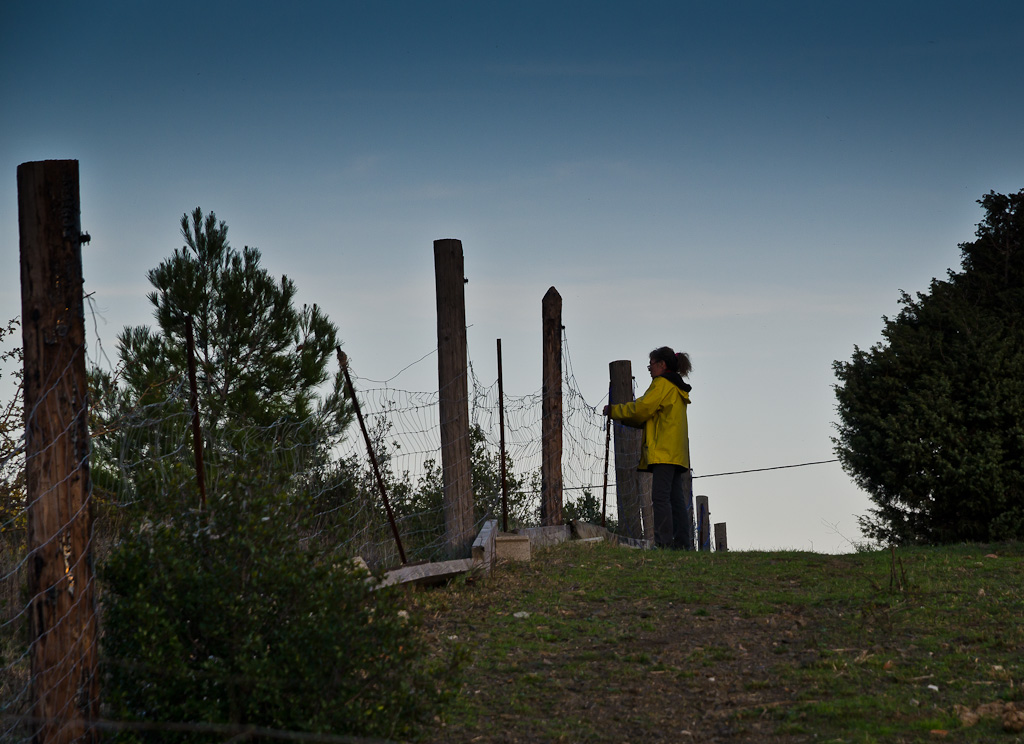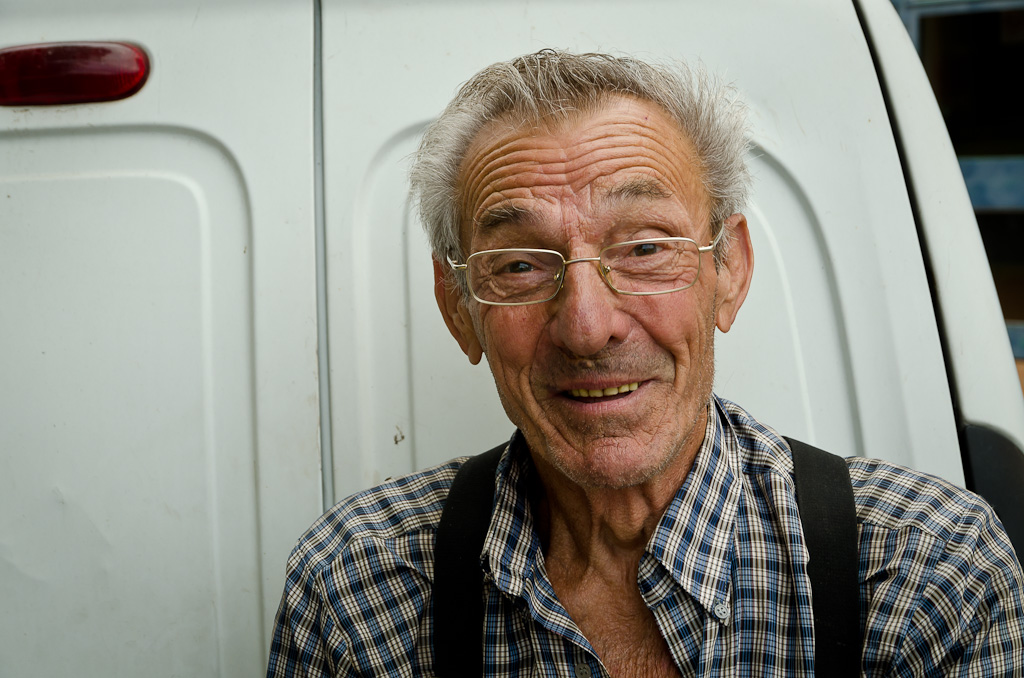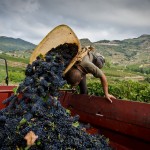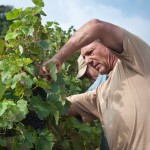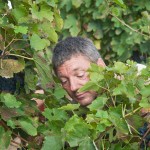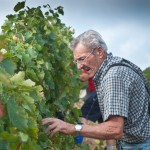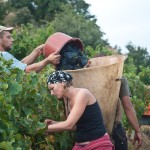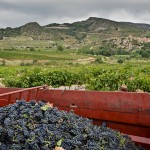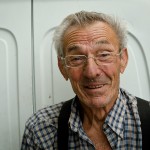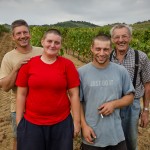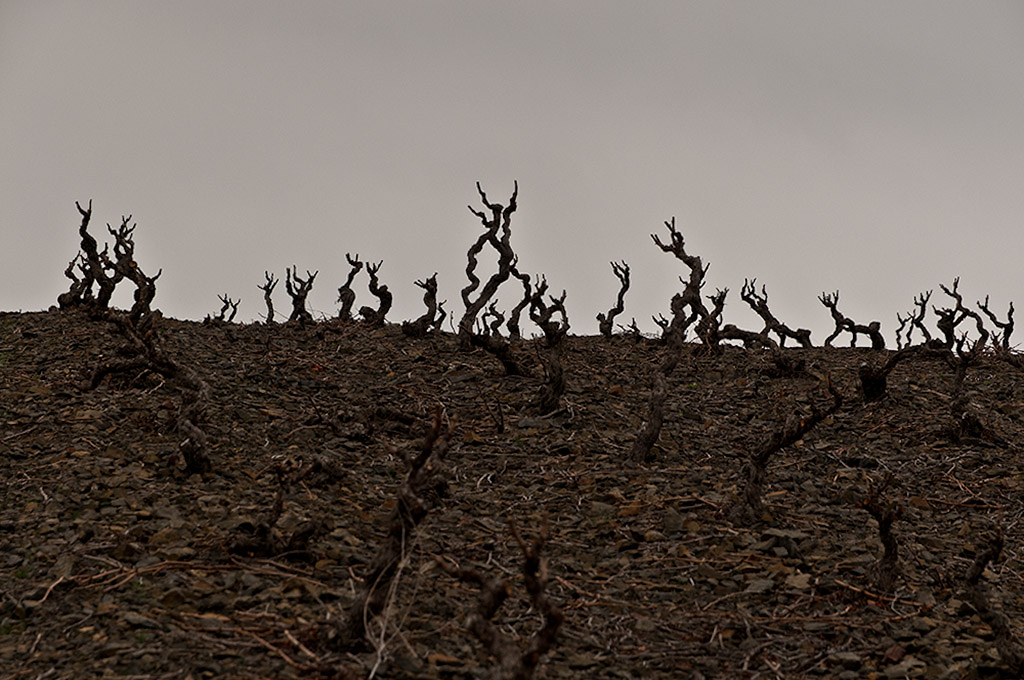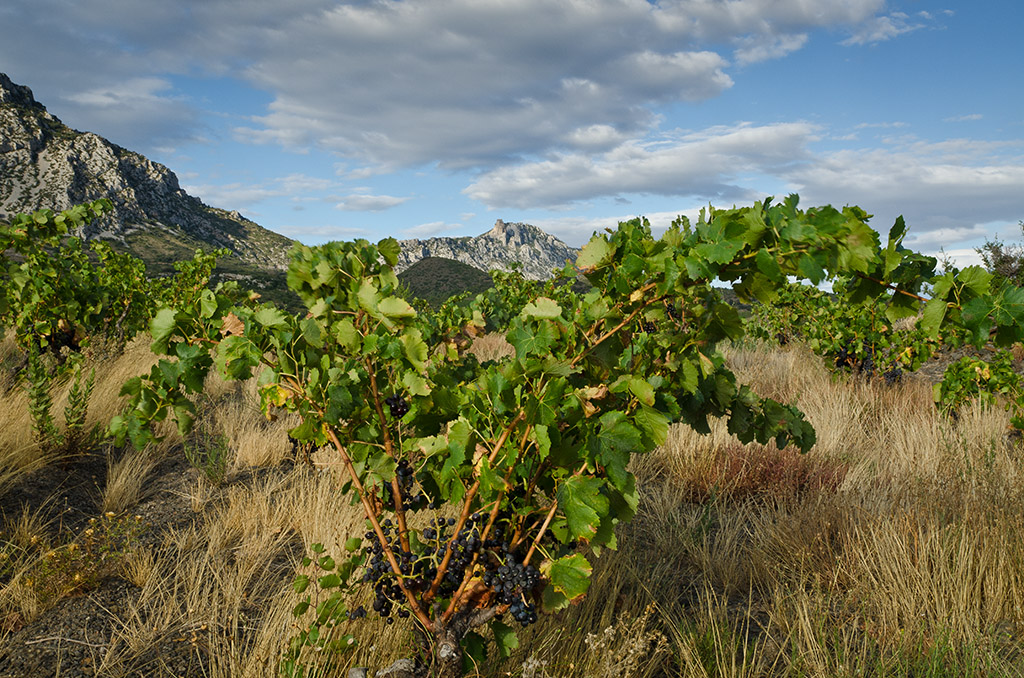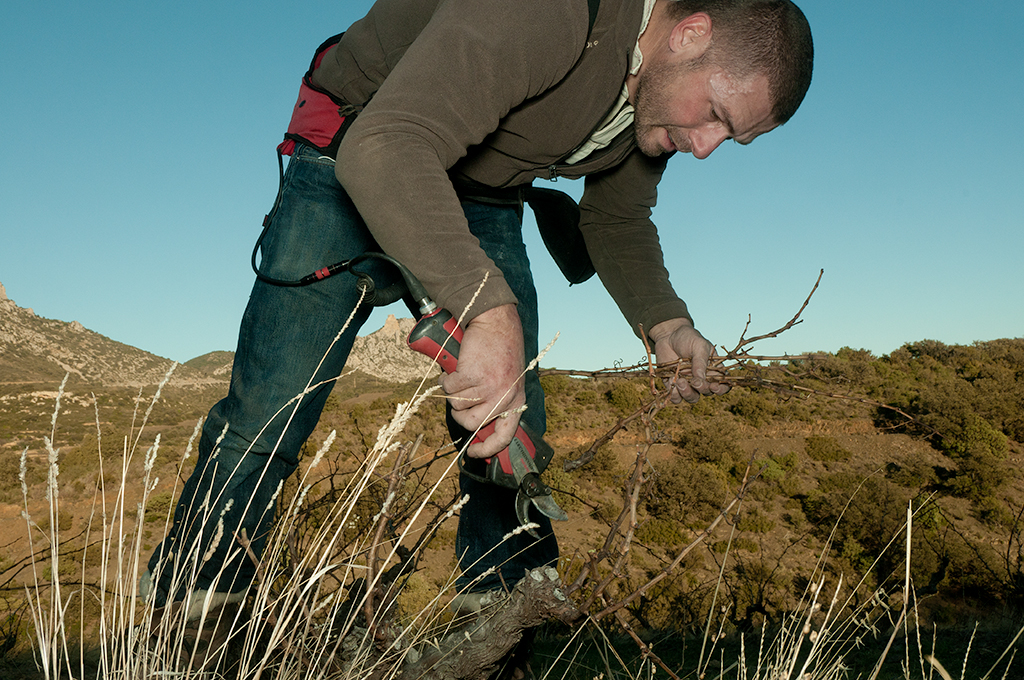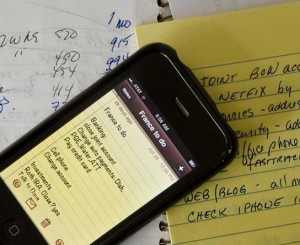This is a great event. It’s known as a balade and consists of a walk of about three miles through the vineyards on a beautiful spring day when the vines are green and the fruit is forming, the fields in between are a riot of wildflowers, and the temperature is 75-80o. Along the way, you’ll stop at six stations, each has one course in a complete meal designed to complement the wines of the terroir available to taste from the 26 participating wineries. The winemakers are there to answer questions and there are several guides on the trail to provide information on grape varietals, soil composition and geological history of the region. The dessert stage is at a plaza in town where a fine jazz combo plays standards in a mellow ending to the day.
The event is sponsored by the winemakers with support from regional council tourism funds. It’s great PR and it sells wine. At the last stop you can buy any of the featured wines and they seemed to be selling well. This is hands-on and local, and when a wine sells out the winemaker rushes back to his cave to get more.
It’s fun, educational, delicious; totally without pretension and you get some exercise too. It’s hard to imagine feeling better about spending a day eating and drinking.
But I was working. I’d been invited to participate, knew to bring my cameras along and for me it was an assignment. I knew there was no money in this but I coveted the t-shirt. I also knew there would be material for my book and blog and an opportunity to meet many winemakers I didn’t already know. So I took it seriously and went to work and for me that means I didn’t eat and didn’t taste (mostly). I know, I know, men are not very good at multi-tasking, but that’s the way I have to work. I don’t make good photos when I’m on vacation or tasting wine.
So when I finished the walk and met up with the leaders, the first thing they asked was “Did I enjoy the food?” I said I didn’t eat. No food, no wine tasting. I said there was too much work I wanted to do. Bernard responded: “There is work and there is life, you must have both.” I love the French, they really talk like this.
Pierrette asked me to stay for the grillade but I was done. I had a shower, some wine, cheese and ibuprophen and went to bed.
